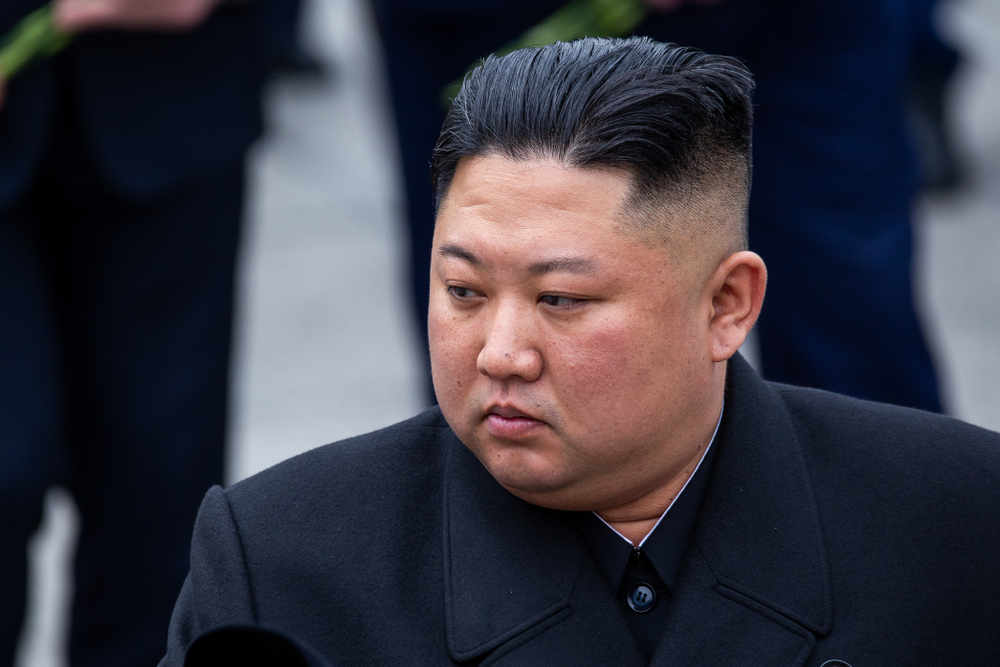North Korea has firmly stated that it remains indifferent to the outcome of the upcoming U.S. presidential election
Others are reading now
North Korea has firmly stated that it remains indifferent to the outcome of the upcoming U.S. presidential election, asserting that it will not engage in negotiations with Washington regardless of which candidate wins.
Wont Change With New Administration
This stance was highlighted in a recent editorial published by the state-run news agency KCNA, according to Ziare.
The editorial came shortly after Republican presidential candidate Donald Trump suggested that, if elected, he would seek to engage in dialogue with North Korean leader Kim Jong Un. Trump’s comments were made during a speech at the Republican National Convention in Milwaukee.
The KCNA article responded by emphasizing that the political climate in the U.S., characterized by partisan conflict, is unlikely to change with a new administration. Consequently, North Korea views the election outcome as irrelevant.
Also read
Criticized Trump
The North Korean piece criticized Trump’s previous attempts to leverage personal relationships between heads of state to influence bilateral relations, arguing that these efforts did not yield any substantial positive change. The editorial noted that the distinction between a country’s foreign policy and personal sentiments is crucial.
During his first term, Trump began negotiations with North Korea aimed at denuclearization but suspended a summit in Hanoi in 2019 after deeming Pyongyang’s disarmament offer insufficient. This decision, many experts believe, significantly damaged Washington’s credibility with the North Korean regime. Since then, North Korea has largely rebuffed new dialogue offers and strengthened its ties with Russia.
The KCNA editorial also condemned the recent deployment of U.S. F-18 fighter jets to South Korea for joint exercises, criticizing the lack of credibility in U.S. policy shifts due to changes in administration. It referenced the 1994 “Agreed Framework,” in which an international consortium led by the U.S., South Korea, and Japan pledged to build light-water reactors in North Korea in exchange for halting its conventional atomic program. This pact was later abandoned under President George W. Bush.


